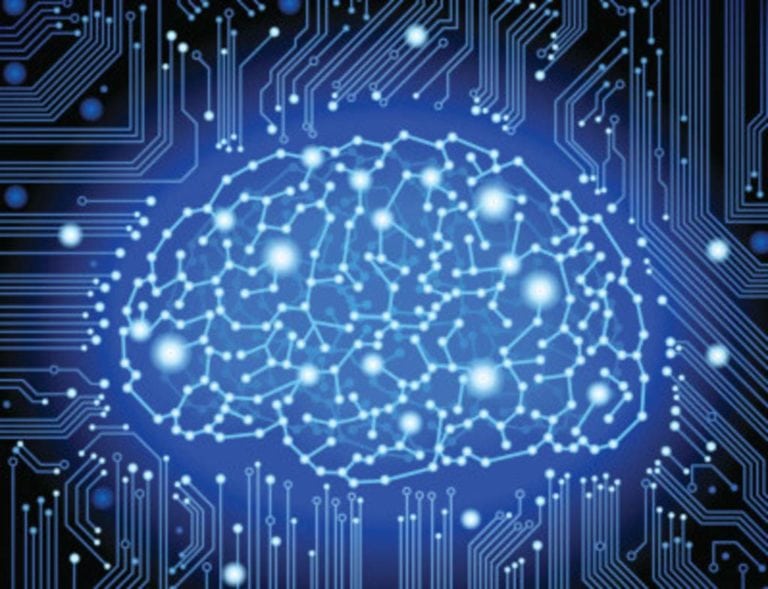Last week, I had the pleasure of attending the Dreamforce conference, the massive extravaganza hosted by Salesforce in San Francisco. There were many exciting new sales, marketing and service software solutions featured, but the focus of the week was on artificial intelligence. Salesforce unveiled “Einstein”, their AI program that will soon be baked into their entire product suite. In its earliest version, “Einstein” will help salespeople know which leads to prioritize, based on information culled from various data sources. “Einstein” is yet another example of how AI could potentially change the work world, and is trying to do what a lot of companies have promised to do for years. What will it take for this incarnation of AI to truly revolutionize how we do business?
As I explain in our latest Humach white paper, the key for automation and technology to have the desired impact is human tuning. There are still countless instances in which machine learning can’t keep up with the constantly changing landscape of meaning. Instead of replacing humans, successful technology generally needs human involvement, care and feeding. For instance, for automated customer service chat bots to work effectively, they need significant and ongoing fine-tuning to correctly understand the context of customers’ comments.
As the Economist magazine confirms, “Corporate chatbot and customer service automated information systems will need to be built, trained and have dialog written for them… they will have to be constantly updated and maintained, just as websites are today.” It’s clear that humans will remain a critical part of your technology strategy – whether they are on the front lines answering calls, emails, social media posts or texts, or on the back end maintaining self-serve technology to ensure it is effective and delivers a good customer experience.
This is not to say that artificial intelligence is lagging behind. AI has made huge strides in terms of development over the past few years. Bots are now able to communicate with each other, and fully automated offerings are becoming more and more prevalent. Two big questions still remain about the state of our technology: 1) how far and how quickly can we go in developing even more extensive automation services and 2) is this the moment in human history when artificial intelligence starts to become truly embedded into our daily lives? One thing is certain though, human guidance is critical as we enter an exciting and daunting new technology chapter.
Are you ready to see how automation can improve your customer engagement? Get started today



